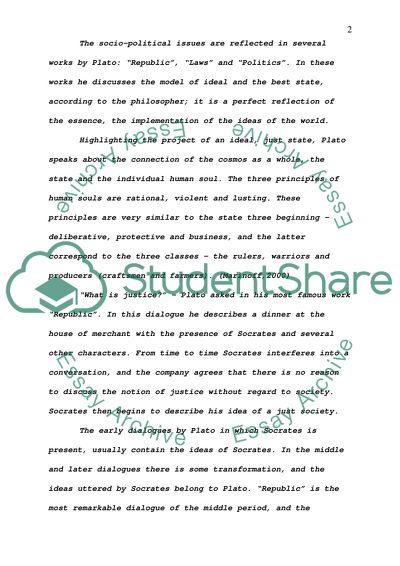Cite this document
(“Just and Unjust Ruler in Plato's Republic Article”, n.d.)
Just and Unjust Ruler in Plato's Republic Article. Retrieved from https://studentshare.org/philosophy/1730239-the-nature-of-the-just-and-unjust-ruler-in-platos-republic
Just and Unjust Ruler in Plato's Republic Article. Retrieved from https://studentshare.org/philosophy/1730239-the-nature-of-the-just-and-unjust-ruler-in-platos-republic
(Just and Unjust Ruler in Plato'S Republic Article)
Just and Unjust Ruler in Plato'S Republic Article. https://studentshare.org/philosophy/1730239-the-nature-of-the-just-and-unjust-ruler-in-platos-republic.
Just and Unjust Ruler in Plato'S Republic Article. https://studentshare.org/philosophy/1730239-the-nature-of-the-just-and-unjust-ruler-in-platos-republic.
“Just and Unjust Ruler in Plato'S Republic Article”, n.d. https://studentshare.org/philosophy/1730239-the-nature-of-the-just-and-unjust-ruler-in-platos-republic.


